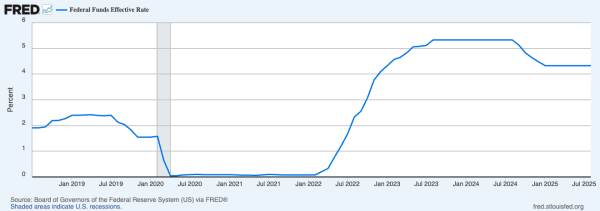Administration Gets Right Message, But Wrong Tone

On March 6, Superintendent Dr. Richard Markwardt wrote an open letter to the Beachwood community urging 10th-12th grade BHS students to take the new state-mandated American government exam not required for their graduation. This was part of a larger effort taken on by several administrators to ensure all government students took the exam.
Markwardt was responding to the 25 students whose parents had permitted them not to take the exam. He argued that these actions were “selfish,” given that taking the exam would ostensibly not cost them anything more than 90 minutes of time. He argued that not taking the exam could mean a dramatic drop in the district’s performance index, and therefore, statewide prestige.
The administration was correct in their indictment of the students; the cost to the community was potentially much more severe than the inconvenience to the students. However, what Markwardt’s letter got right in intent, it miscalculated in tone.
Markwardt called out “the selfish actions of a few who chose to discount the work of so many,” and wrote that the collective community needed to “to work harder” on being entrepreneurs with a truly social conscience. Markwardt was not the only one to describe the conflict so dramatically. Other administrators pulled students out of classes in an effort to persuade them to reconsider.
The administrators’ approach was insensitive for several reasons. First, it is not clear whether these scores will affect the district’s performance index. The state has sent conflicting information, some of which claimed that the scores from government and history end-of-course exams taken this year and next will have no bearing on the school’s performance index. Given this ambiguity, to portray the students so negatively as trying to destroy the school’s reputation seems misguided.
Moreover, even if the results from these end-of-course exams were a part of the 2015 performance index, it is doubtful that it would have the cataclysmic effect to the district’s reputation that Markwardt suggested in his letter. In a year like this, where systems have changed and uncertainty abounds, it is unlikely that these results would be taken very seriously. Given this reality, the harsh tone of the superintendent’s letter becomes all the more inappropriate.
Markwardt’s letter also seemed to ignore the large number of standardized tests BHS students already must take. With the new state testing and push for enrollment in Advanced Placement courses, students may take many high stakes-exams in a single year (or month). On top of the stress of the actual exams, students have had to navigate schedules which have changed frequently. The reduction in class time often meant more homework as teachers struggled to squeeze expansive curricula into a limited time-frame.
Thus, the characterization that students acted selfishly is not entirely accurate. Obviously, the state-mandated exams are not within the administration’s control. While the administration is at least partially responsible for the increased enrollment in AP classes, the emphasis on AP and IB classes is part of a national trend far outside the district’s purview. The administration certainly cannot be blamed for the stress these exams place on students, but they can, at the very least, be sympathetic. It is not unreasonable for a test-fatigued students to not want to take another exam that has no bearing for him or her. The idea that lazy students are shirking from their civic duty seems like an unfair characterization given the stress students already face.
In general, administrators were justified in urging students to take the exams. These students’ decisions could still negatively impact the district’s reputation. While these students have the right to be test-weary, a 90-minute exam is not so big a burden to bear. Nonetheless, the next time administrators choose to call out students and their families, they should be more tactful in their approach.








![“My parents have always said that education is important. My parents are Chinese immigrants, I'm Chinese American, [and that's a] value that has always been ingrained in our community,” said Senior Lyndia Zheng, pictured with Tony Zheng](https://bcomber.org/wp-content/uploads/2025/10/DSC_4244-600x400.jpg)

